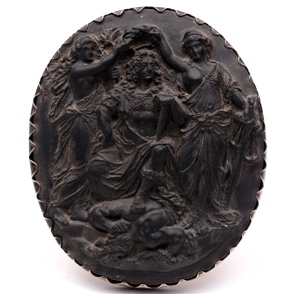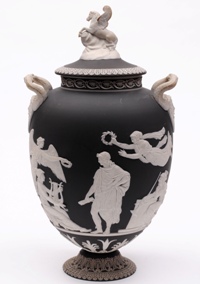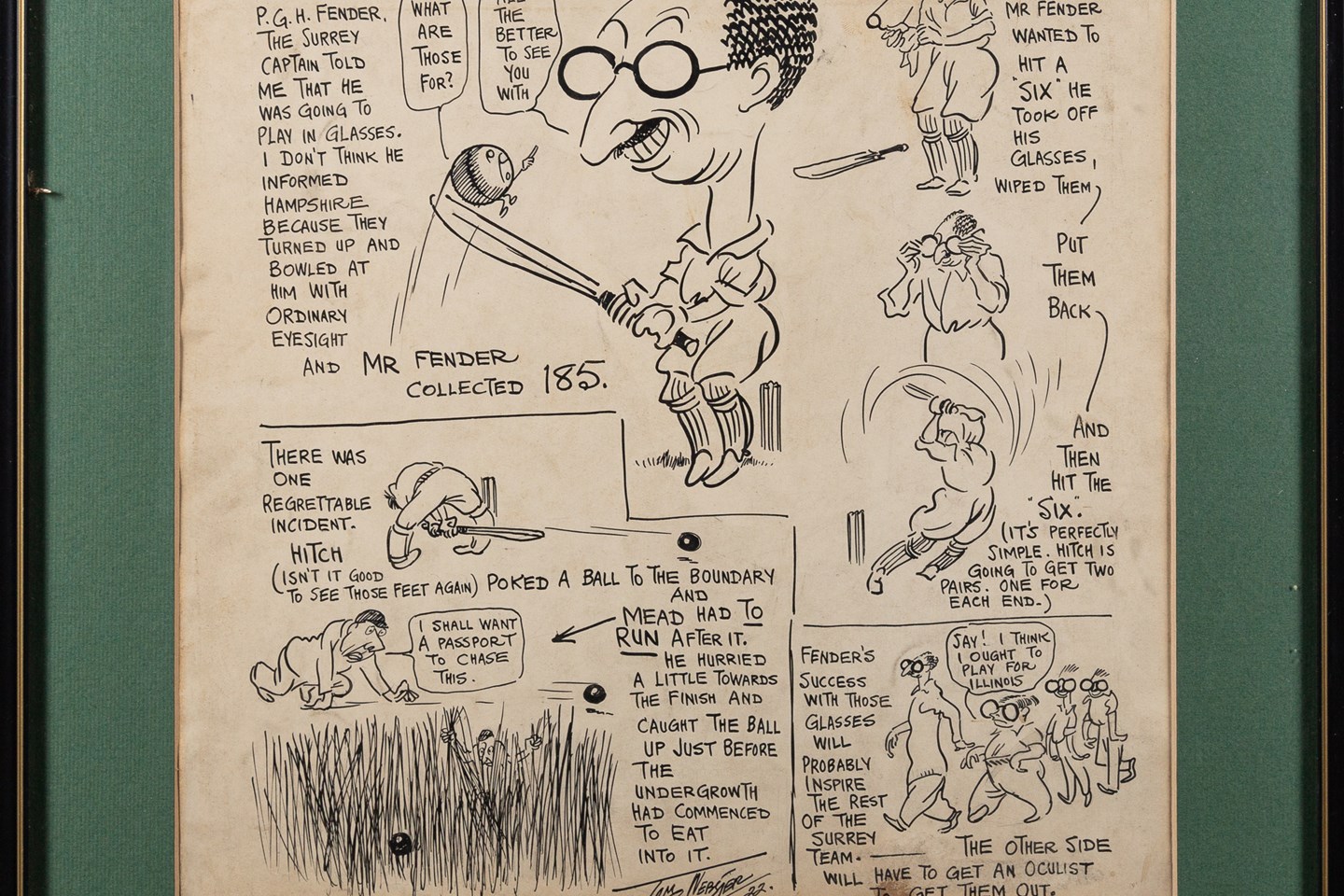Josiah Wedgwood was an arch experimenter when it came to ceramic bodies and perhaps his most ubiquitous invention was jasper ware. The Dictionary of Wedgwood states it as ‘the most significant innovation in ceramic history since the Chinese invention of porcelain’. It sounds something of an exaggeration, but Wedgwood thought so highly of it that he would only pass the secret recipe to his colleague Bentley in 1776, in code, in two separate letters, however as England was then a hot bed of industrial spies there was wisdom in his actions.

A pair of Wedgwood pale blue jasper ware Portland vases (FS18/514)
Another body championed by Wedgwood was Black Basalt; ironically the principle constituent of this fine body was ‘Car’, sediment carried in the water drained from coal mines! First trialled in 1767 it took the addition of manganese and Devon china clay and a couple of years to perfect. Had Wedgwood not found a skilled carver to ‘tinker all the black vases that are crooked’ and provide the factory seconds with blackened or bronzed wooden bases he would have been bankrupted.

Wedgwood black bassalt plaque King James crowned by Peace and Justice above the body of Discord (FS18/516)
Whilst many other producers of fine porcelain looked to the Orient Wedgwood favoured Greco-Roman mythology and intaglio or cameo portraits of European worthies as his primary source of artistic inspiration and wasn’t afraid to use the best pottery techniques of engine turning, polishing, laminating and polishing to enhance his finest porcelain.

A Wedgwood Pegasus vase with medusa handles depicting the Apothiosis of Virgil (FS18/510)







